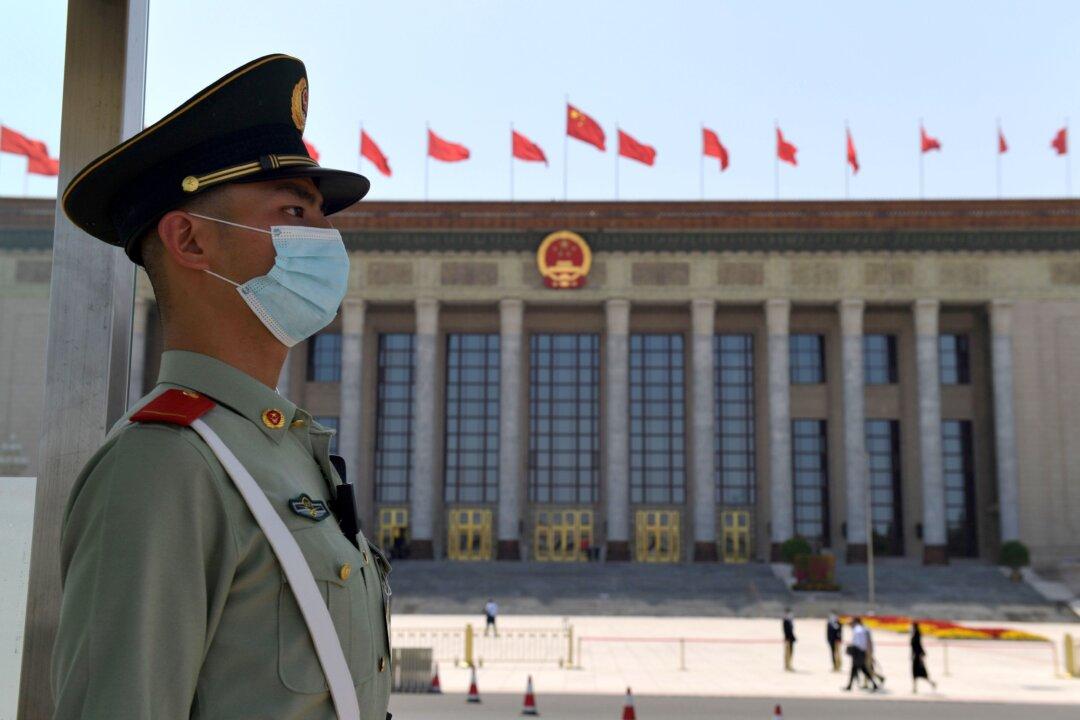Commentary
“Dotard! What is the United States but a thatched barn where brigands drink in the reek, and their brats roll on the floor among the dogs?” Chinese diplomats may not be using precisely the language Saruman aimed at King Théoden from the top of a smouldering Orthanc, but the tone is unmistakable. The kid gloves are off and the iron fist is pumping.





